Late in 2022 we started a new interdisciplinary study funded by the UK National Institute for Health and Care Research (NIHR). The research aims to reduce the deaths of newly-mobile toddlers from drowning in rural Bangladesh. This project called Sonamoni is being co-ordinated by Bournemouth University in collaboration with the University of the West of England, Bristol, the University of Southampton, the Poole-based Royal National Lifeboat Institution (RNLI) and the Centre for Injury Prevention and Research, Bangladesh (CIPRB).
In Bangladesh, drowning is the leading cause of death in children between one and two years old. This low-income country has one of the highest rates of drowning, especially among children in the world. The risk of drowning in rural areas is twice that in cities, because there are significant numbers of ponds and ditches, creating natural drowning hazards for very young children. CIPRB has implemented several effective drowning prevention solutions focused on children over the past 15 years, including a successful daycare model to keep young children safely away from water. However, enrollment and attendance rates for children under two years (those at the highest risk of accidental drowning) have been low.
 The team will be working with communities to apply human-centred design techniques in Bangladesh. Together they will identify and prioritise potential solutions, develop prototype interventions, and assess the acceptability and usability of proposed interventions.
The team will be working with communities to apply human-centred design techniques in Bangladesh. Together they will identify and prioritise potential solutions, develop prototype interventions, and assess the acceptability and usability of proposed interventions.
This research is an excellent example of BU’s FUSION. BU endeavours to bring together Research, Education and Practice to create something that is greater than the sum of its parts. FUSION is central to our Bangladesh project, the Research is focusing on social sciences and public health, the Education is around health education of people in rural communities as well as training of the research team members, whilst Practice will be the outcome of the human-centred design approach, when we test the best interventions. 
The £1.6m project has been made possible thanks to a grant from the NIHR through their Research and Innovation for Global Health Transformation programme. For more information, visit the NIHR website. NIHR uses aid from the UK government to support global health research.
Prof. Edwin van Teijlingen
CMMPH (Centre for Midwifery, Maternal & Perinatal Health)
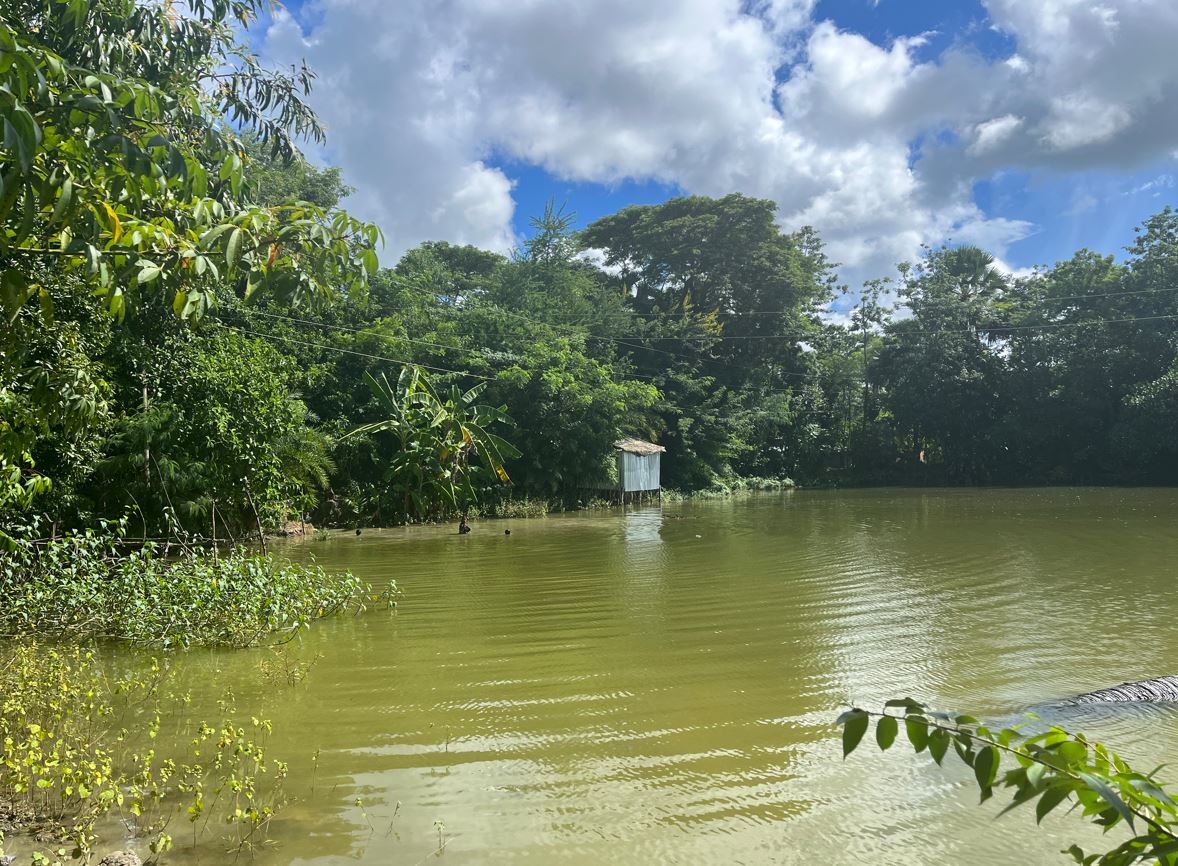

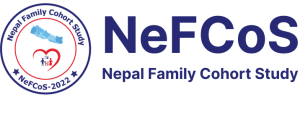
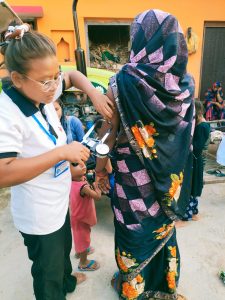

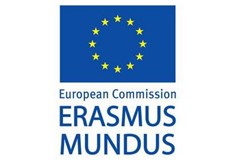

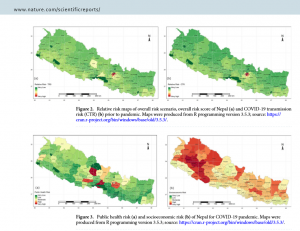
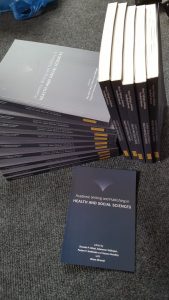

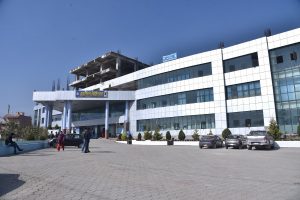 As part of the Erasmus+ exchange, Professors Vanora Hundley and Carol Clark were recently invited to discuss the importance of communication with nurses at
As part of the Erasmus+ exchange, Professors Vanora Hundley and Carol Clark were recently invited to discuss the importance of communication with nurses at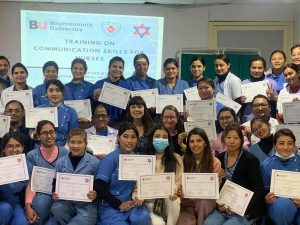 However, all reported that finding time to stop and listen to patients could be a challenge when the hospital was busy. The group participated in a number of exercises, which included role-playing to understand how it feels to be a patient entering the hospital.
However, all reported that finding time to stop and listen to patients could be a challenge when the hospital was busy. The group participated in a number of exercises, which included role-playing to understand how it feels to be a patient entering the hospital.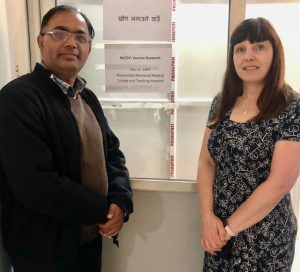 Dr Sujan Marahatta explained the process and discussed how the hospital was contributing to this important research.
Dr Sujan Marahatta explained the process and discussed how the hospital was contributing to this important research.
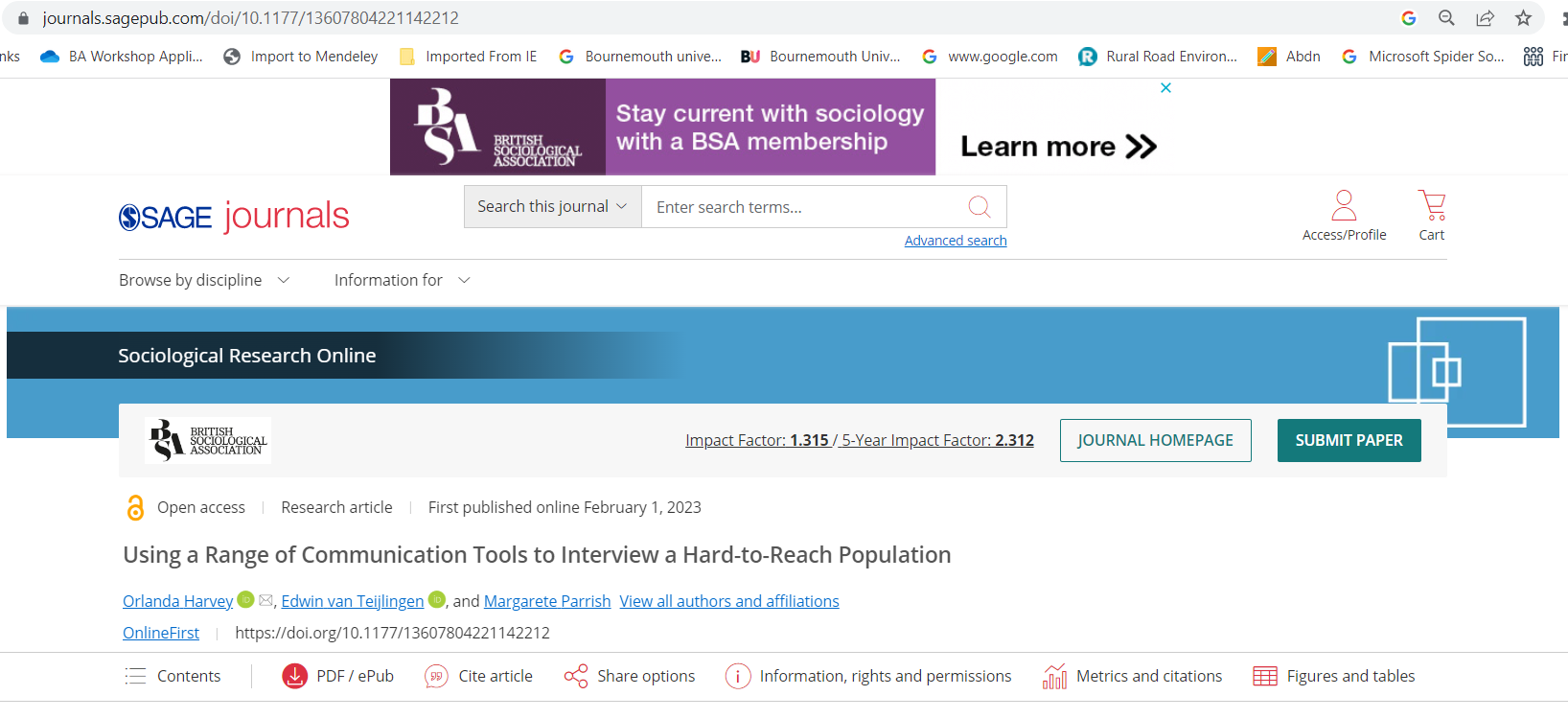

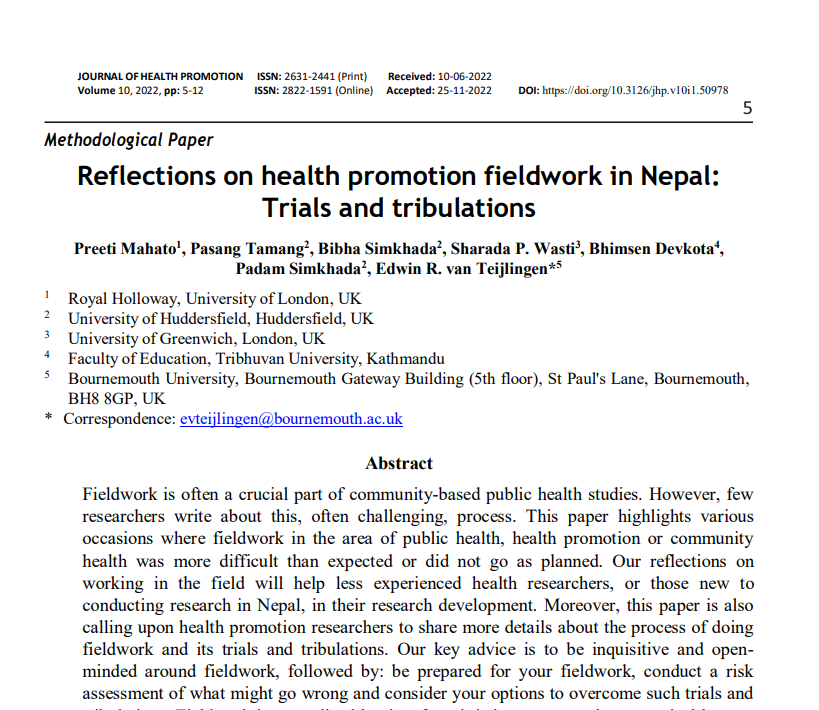
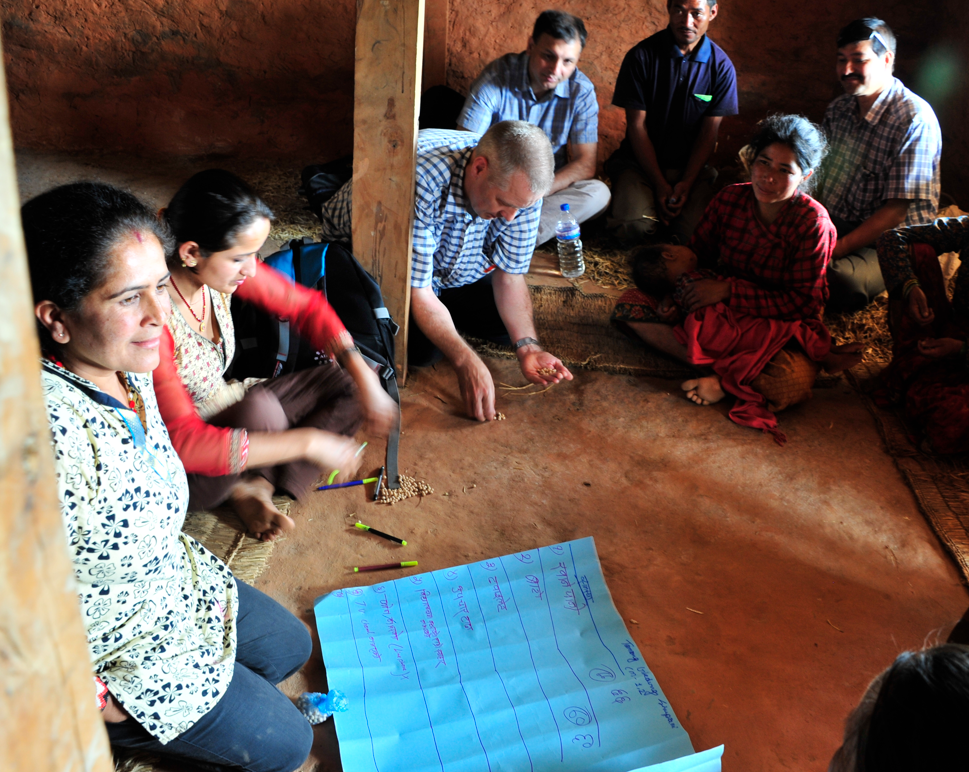

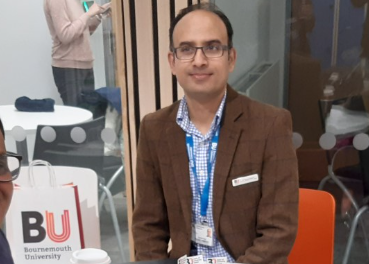
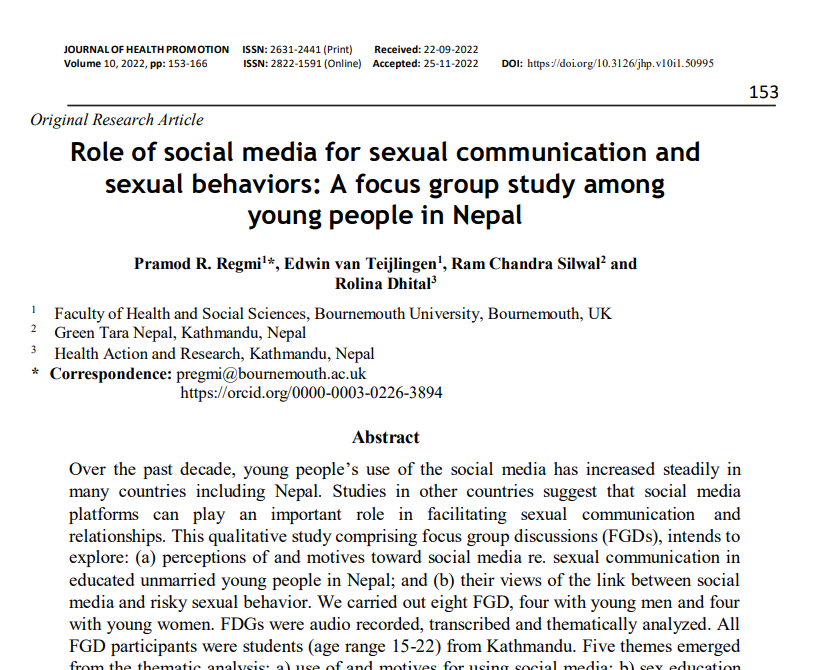
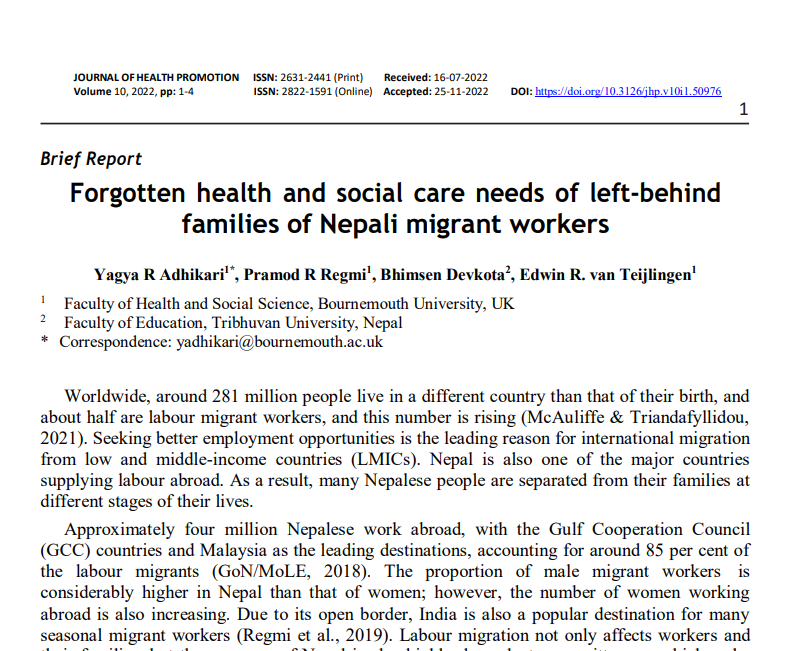


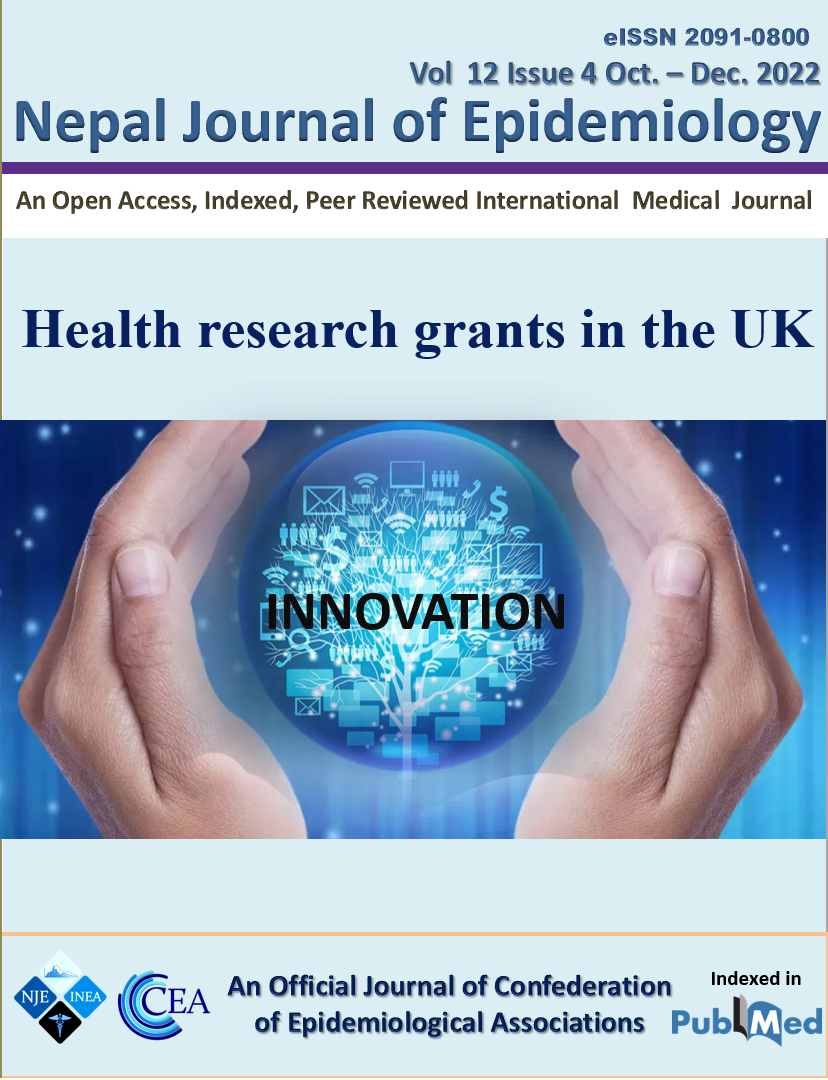
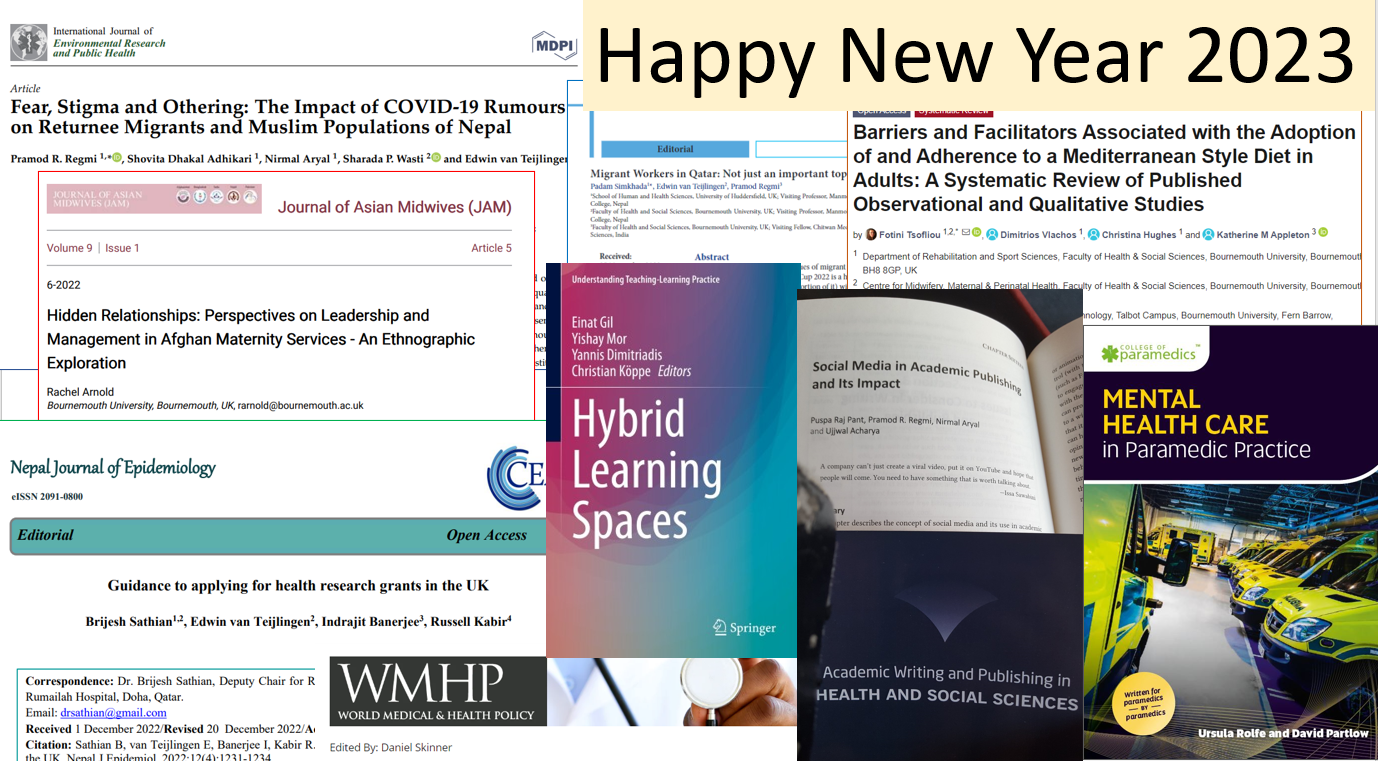
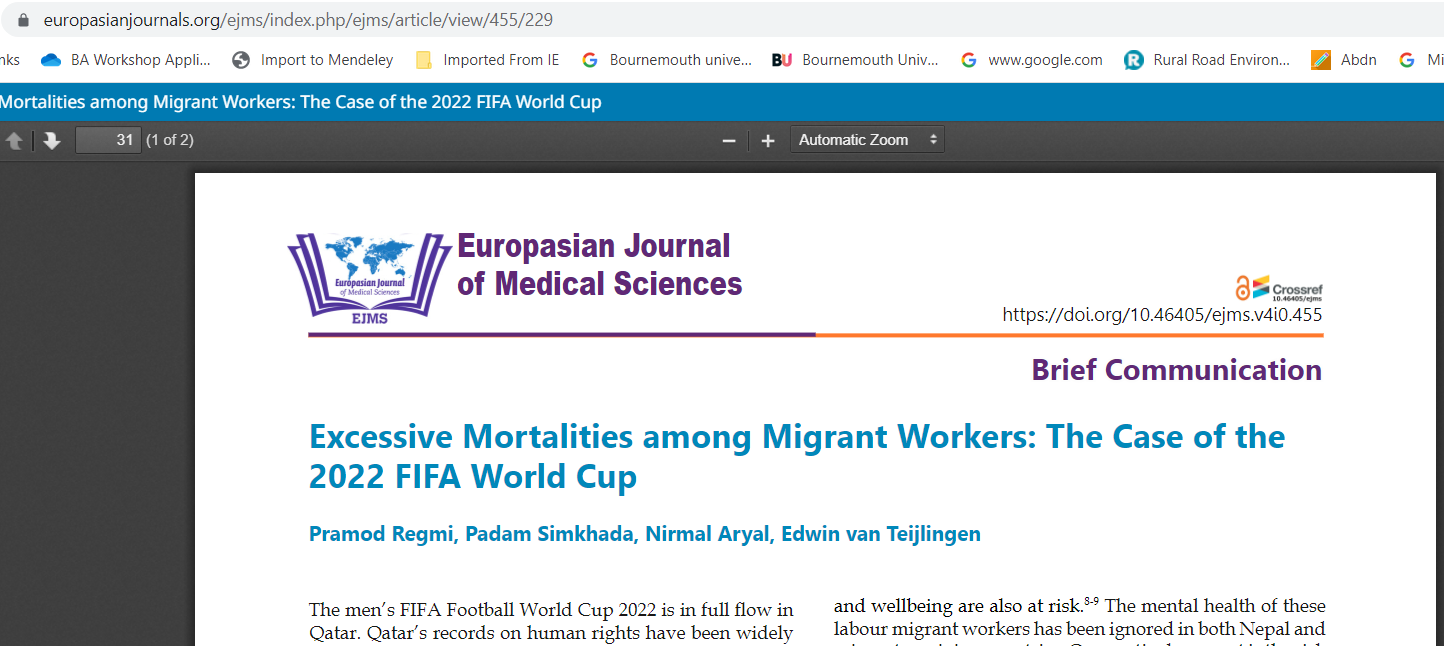

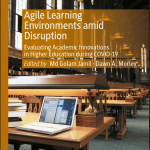

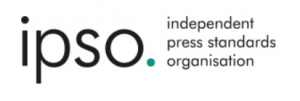
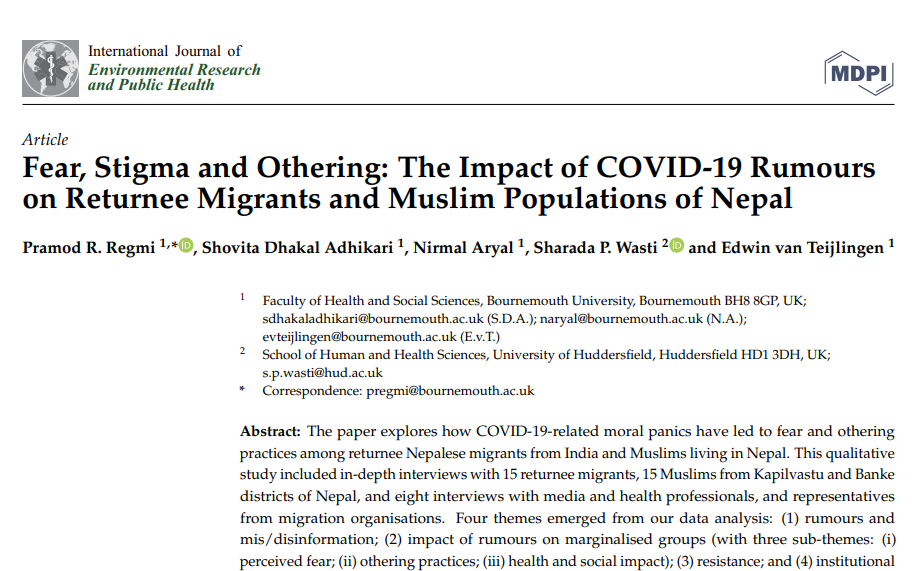











 Second NIHR MIHERC meeting in Bournemouth this week
Second NIHR MIHERC meeting in Bournemouth this week Dr. Ashraf cited on ‘Modest Fashion’ in The Guardian
Dr. Ashraf cited on ‘Modest Fashion’ in The Guardian NIHR-funded research launches website
NIHR-funded research launches website MSCA Postdoctoral Fellowships 2025 Call
MSCA Postdoctoral Fellowships 2025 Call ERC Advanced Grant 2025 Webinar
ERC Advanced Grant 2025 Webinar Horizon Europe Work Programme 2025 Published
Horizon Europe Work Programme 2025 Published Horizon Europe 2025 Work Programme pre-Published
Horizon Europe 2025 Work Programme pre-Published Update on UKRO services
Update on UKRO services European research project exploring use of ‘virtual twins’ to better manage metabolic associated fatty liver disease
European research project exploring use of ‘virtual twins’ to better manage metabolic associated fatty liver disease